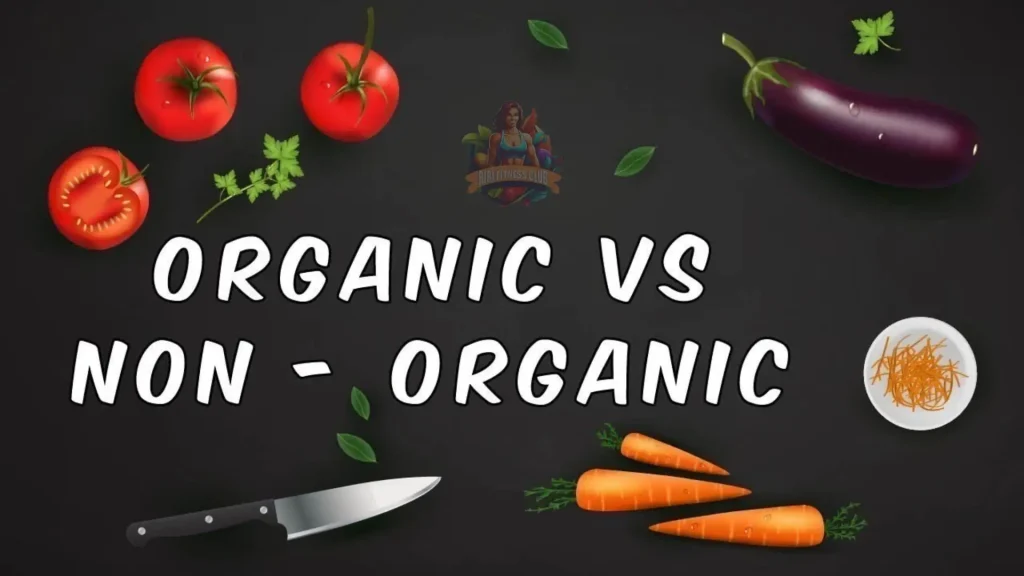
It’s the latest trendy take on your morning cup of joe. Mushroom-coffee has exploded in popularity, transitioning from a niche wellness curiosity to a mainstream staple, with consumer interest skyrocketing by 52% year-over-year.
Brands promise everything from improved focus and immunity to better sleep and stamina. But are these claims grounded in solid science, or are they just clever marketing? Let’s brew the facts and see what’s really in your mug.
What is Exactly Mushroom Coffee?
Mushroom coffee isn’t a brew made from coffee beans that taste like mushrooms. It’s typically a powdered blend of regular coffee and extracts from functional mushrooms (also called medicinal mushrooms). These aren’t your everyday culinary varieties.
The most common functional mushrooms you’ll find in these blends are:
- Lion’s Mane: Often linked to cognitive benefits and focus.
- Reishi: Known as the “king of mushrooms,” it’s touted for immune support and relaxation.
- Chaga: A powerful antioxidant powerhouse.
- Cordyceps: Famously associated with boosting energy and athletic stamina.
- Turkey Tail: Primarily recognized for its immune-modulating properties.
MyFitnessPal dietitian Lauren Cuda says that different mushrooms offer different benefits; for example, lion’s mane may be good for focus (6), reishi for boosting the immune system (8), and cordyceps for to boost stamina (9). “No one type is definitively better,” she says.
Want another natural way to fuel your body? Try my Protein Pumpkin Pie Recipe for a delicious, nutrient-dense snack that supports muscle recovery and satisfies sweet cravings.
Be aware that most scientific evidence for these supposed benefits comes from research on pure mushroom extracts (sometimes taken as supplements), not mushroom coffee blends. To date, there haven’t been major rigorous clinical trials to assess the health impacts of mushroom coffee in humans.
Mushroom coffee may have less caffeine than regular coffee depending on the brand (10, 11), so if you like the taste, it could be a great way to enjoy a warm brew without the caffeine jitters.
The Crucial Caveat: Where’s the Proof?
Here’s the most important thing to understand: Most scientific evidence for these benefits comes from studies on pure, high-dose mushroom extracts or supplements; not from mushroom coffee powders.
To date, there have been no major, rigorous clinical trials on humans drinking mushroom coffee. The amount of mushroom extract in your daily cup is often much lower than the doses used in studies showing benefits. So, while the components are being researched, the product itself lacks robust scientific backing.
Culinary vs. Functional Mushrooms
While everyday culinary mushrooms (like portobello, button, and shiitake) are eaten for their taste and texture, functional mushrooms (like those in mushroom coffee) are consumed for their potential health benefits.
Mushrooms are naturally low in calories, but rich in nutrients such as:
According to Cuda, functional mushrooms tend to be tough, woody, or bitter; which is why they are usually processed into extract forms like supplements or mushroom coffee.
“Eating culinary mushrooms is a great way to support overall nutrition, but if your goal is to incorporate functional mushrooms, a supplement or mushroom coffee may be a more practical option,” Cuda says. It all depends on your health preferences.
About the Expert
Lauren Cuda, RD is a Food Data Curator at MyFitnessPal. She earned her bachelor’s degree in Dietetics from Missouri State University and her master’s degree in Nutrition Diagnostics from Cox College. With over 10 years of experience, she specializes in pediatric nutrition, malnutrition, and nutrition support.
Pros and Cons of Mushroom Coffee: A Balanced Look
Mushroom Coffee Benefits
Lower Caffeine: It typically contains less caffeine than regular coffee, which is great for those sensitive to the jitters.
Possible benefits of mushrooms may include(7) (8):
- Immune support
- Reduced inflammation
- Improved focus
- Enhanced stamina
Potential Benefits of Mushroom Coffee: You may get a subtle, supportive dose of the properties associated with the mushrooms in your blend (e.g., slight immune support from Reishi, focus from Lion’s Mane).
Nutrient Introduction: It’s a way to incorporate functional mushrooms into your routine without taking another pill.
Mushroom Coffee Drawbacks
However, most benefits of functional mushrooms are based on animal studies or isolated mushroom extracts; not on brewed mushroom coffee. It’s unknown whether or not these benefits apply to humans.
According to Cuda, mushroom coffee may interact with medications such as immunosuppressants, blood pressure drugs, blood thinners, and medications for diabetes (7, 8, 9). “Always check with your healthcare provider,” she says.
Frequently Asked Questions (FAQs)
Does mushroom coffee taste different from regular coffee?
Mushroom coffee tastes similar to regular coffee, often with a mild earthy or nutty undertone. Quality and flavor generally depend on the brand.
Does mushroom coffee have a lower nutrient content than whole functional mushrooms?
Although it’s hard to quantify, Cuda says that mushroom coffee likely has less nutritional value due to processing and smaller amounts used.
How does mushroom coffee compare to other coffee alternatives, like matcha and yerba mate?
Mushroom coffee typically contains less caffeine than matcha or yerba mate, which could make it a good option if you are looking to decrease your caffeine intake.
The Bottom Line: Should You Try It?
If you’re interested in consuming functional mushrooms, mushroom coffee may be a good option to potentially reap the possible benefits of functional mushrooms while getting an energy boost.
Keep in mind that there is very little research backing up the benefits of mushroom coffee. If you want to consume the caffeine of coffee and the nutrients of mushrooms, regular old coffee and culinary mushrooms might be a cheaper and more researched choice.
So, is mushroom coffee worth a sip? The answer is a nuanced one.
- Yes, if: You are curious about functional mushrooms, want to slightly reduce your caffeine intake, and don’t mind the earthy flavor and higher price tag. Think of it as a potential wellness supplement rather than a direct coffee replacement.
- No, if: You are expecting a miracle cure, are on a tight budget, or want proven, dramatic results. For most people, sticking with regular coffee and adding nutritious culinary mushrooms (like shiitake or portobello) to your meals is a more researched and cost-effective approach.
Final Sip: Mushroom coffee isn’t a magic potion, but it’s not a complete scam either. It’s a functional beverage with potential, yet-to-be-fully-proven benefits. If you’re intrigued, buy a small container and see how your body responds. But as with any health trend, sip with a critical mind.





